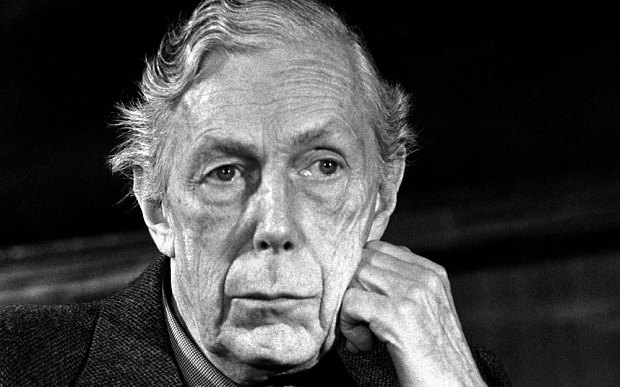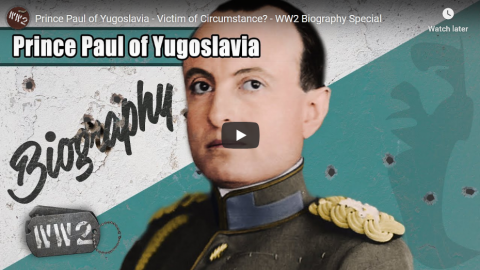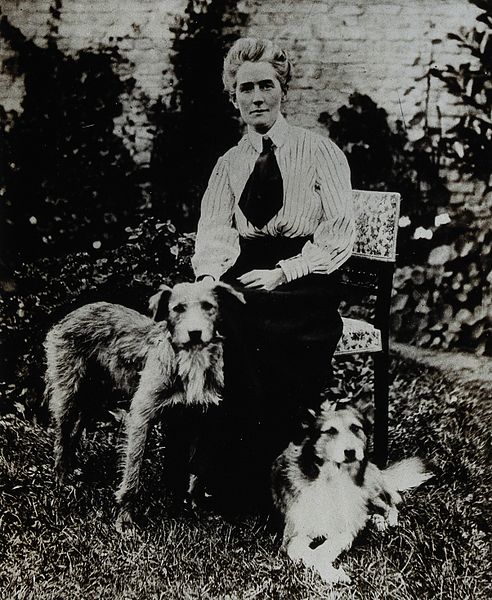In The Critic, David Herman reviews a new book on the unmasking of Soviet spy … and close associate of the Royal family, Sir Anthony Blunt by Prime Minister Margaret Thatcher in 1979:

Anthony Blunt (1907-1983), was the “Fourth Man” in the Cambridge spy ring that supplied the Soviets with secret documents from within Britain’s WW2 intelligence services.
In November 1979, the newly elected Prime Minister, Margaret Thatcher, named Professor Sir Anthony Blunt, one of the most distinguished art historians in post-war Britain, as the “Fourth Man”, one of the traitors known as the “Cambridge Spies”, a group of spies working for the Soviet Union from the 1930s to at least the early 1950s. Mrs. Thatcher did not pull her punches. She regarded Blunt’s behaviour as “contemptible and repugnant”, and she was appalled by the evidence of treason and treachery at the heart of the British establishment.
What set Blunt apart from the others – Guy Burgess, Donald Maclean and Kim Philby – was his distinguished academic career. Blunt was professor of art history at the University of London, director of the Courtauld Institute of Art and Surveyor of the Queen’s Pictures. He was related to the Queen Mother. His students included such famous figures as Anita Brookner, Sir Nicholas Serota, Sir Neil Macgregor and Sir Alan Bowness. He also passed 1,771 documents to his Soviet spymasters during the war while working for MI5. For some of this time, the Soviet Union was a foreign enemy, allied to Nazi Germany.
The mix of homosexuality, 1930s Cambridge and treason, the scholar and the spy, made a compelling story and Blunt has been the subject of a famous essay in The New Yorker by George Steiner (“The Cleric of Treason”, 8 December, 1980), plays by Dennis Potter (Blade on the Feather, 1980), Alan Bennett (A Question of Attribution, 1988) and a novel by John Banville (The Untouchable, 1997). More recently, he has turned up in the third season of The Crown (2019), played by Samuel West. Had Alex Jennings not already played the Duke of Windsor in earlier series of The Crown, he would have been perfect casting.
After Mrs. Thatcher’s revelations in the House of Commons, Blunt was immediately stripped of his knighthood and he was subsequently forced to resign his Honorary Fellowship at Trinity College, Cambridge. The University of London, however, did not take away his Emeritus Professorship and the French government did not strip him of his Legion of Honour. There could be no criminal proceedings against Blunt because in 1964 he had only admitted his guilt in exchange for guaranteed immunity for any subsequent prosecution for the rest of his life.
The question then arose how should the British Academy respond? Blunt had been a Fellow for almost twenty years. He had served as a Vice-President and was talked of as a possible future President.
Almost immediately lines were drawn and leading figures like the historians John H. Plumb and A.J.P. Taylor threatened to resign from the Academy. It was a spectacular bunfight and the press had a wonderful time.








